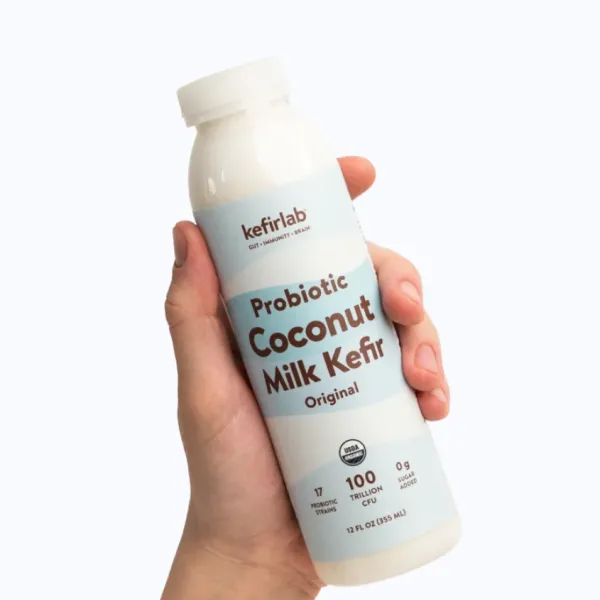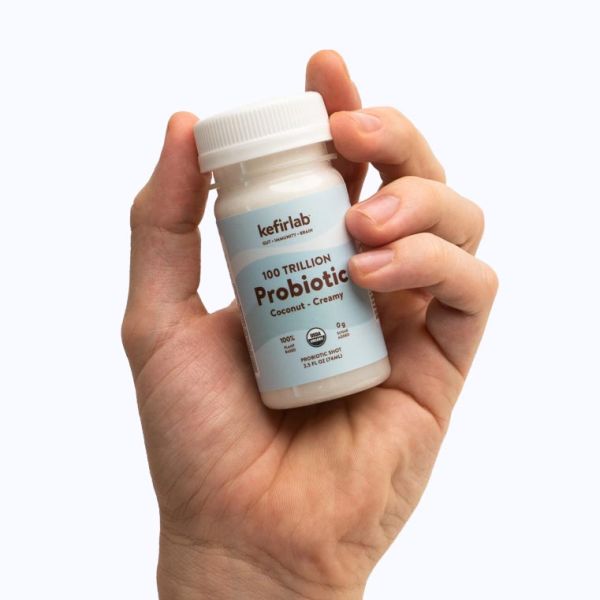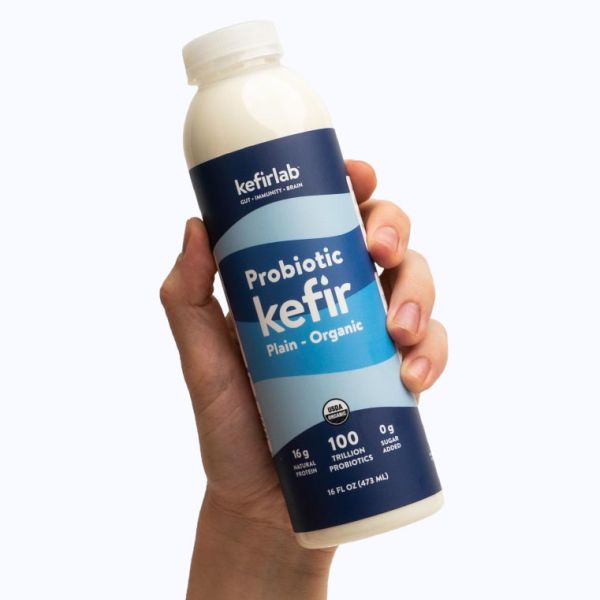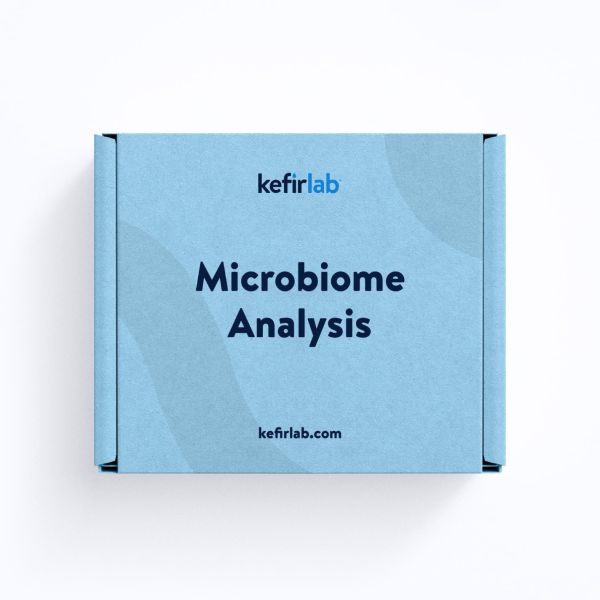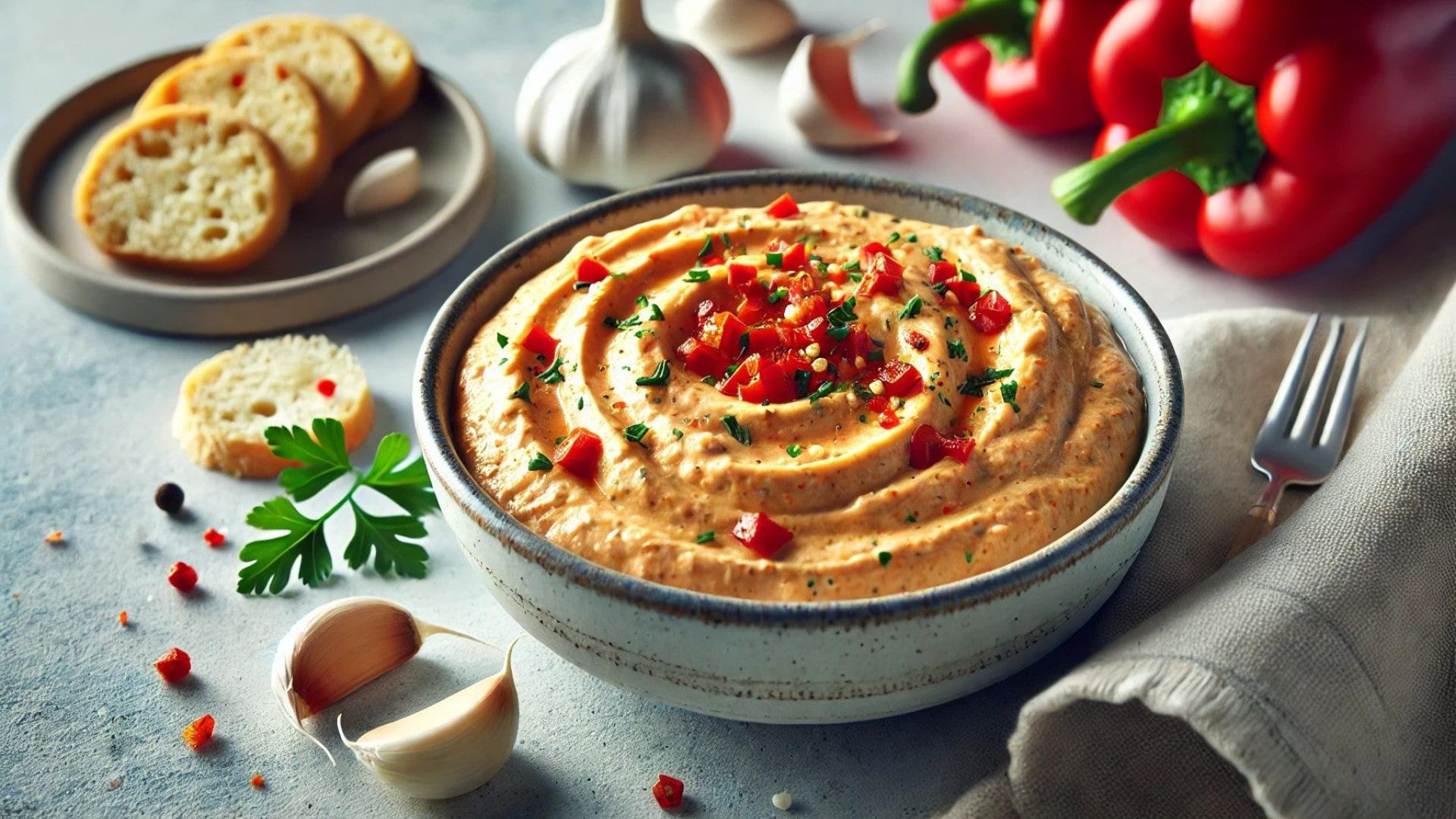Probiotics During Pregnancy: Benefits, Safety, and Tips [The Ultimate Guide]

Table of contents
In This Article you will learn…
Pregnancy is a time of immense change and growth for both the baby and the mother.
One crucial aspect of maternal health that often goes underappreciated is gut health. Probiotics, known as the “good” bacteria, can significantly maintain and improve gut health during pregnancy.
In this comprehensive guide, we will explore the benefits of probiotics for pregnant women, their safety, the most beneficial probiotics, and practical tips for incorporating them into your diet.
Whether you’re a soon-to-be mom or planning for the future, this guide empowers you with the essential information to confidently make informed decisions about probiotics during pregnancy.
What are Probiotics?
Probiotics are live microorganisms that provide numerous health benefits when consumed adequately.
They are often called “good” or “friendly” bacteria because they help maintain a healthy balance of bacteria in the gut.
How Probiotics Work
Probiotics work by restoring and maintaining the natural balance of the gut microbiota.
They inhibit the growth of harmful bacteria, support the immune system, and enhance the gut barrier function.
This, in turn, promotes overall health and well-being.
The Importance of Gut Health During Pregnancy
Gut Health and Pregnancy
Gut health is crucial during pregnancy as it affects both the mother and the developing baby.
A healthy gut microbiome can influence the mother’s immune system, digestion, and mood.
It can also impact the baby’s health by shaping their microbiome, which affects their immune development and overall health.
Benefits of a Healthy Gut
Maintaining a healthy gut during pregnancy can offer numerous benefits, including improved digestion, reduced inflammation, and a stronger immune system.
It can also help manage pregnancy-related issues such as constipation, nausea, and gestational diabetes.
Benefits of Probiotics for Pregnant Women
Improved Digestion
Probiotics can significantly improve digestion during pregnancy. Many pregnant women experience digestive issues like constipation and bloating due to hormonal changes and the physical pressure of the growing baby on the digestive organs.
Probiotics help by promoting regular bowel movements and reducing discomfort, ensuring both mother and baby get the necessary nutrients.
Enhanced Immune System
A robust immune system is essential during pregnancy to protect the mother and the developing baby.
Probiotics play a crucial role in enhancing the immune system by increasing the production of natural antibodies andstimulating immune cells like lymphocytes and macrophages.
This can help reduce the risk of infections and other immune-related issues during pregnancy.
Reduced Risk of Pregnancy Complications
Probiotics may also reduce the risk of certain pregnancy complications.
For instance, some studies suggest that probiotics can help lower the incidence of gestational diabetes by improving insulin sensitivity and reducing inflammation.
Additionally, probiotics may help prevent preeclampsia, a potentially dangerous pregnancy complication characterized by high blood pressure and organ damage.
Safety of Probiotics During Pregnancy
Research and Evidence
The safety of probiotics during pregnancy has been extensively studied, and the overwhelming consensus is that they are safe for both the mother and the baby, providing a reassuring sense of security.
Numerous studies have shown that taking probiotics during pregnancy can provide various health benefits without significant risks.
However, choosing high-quality probiotic products and consulting with a healthcare provider before starting any new supplement is essential.
Consulting Healthcare Providers
While probiotics are generally safe, it’s crucial to consult with a healthcare provider before incorporating them into your diet during pregnancy.
While probiotics are generally safe, it’s crucial to consult with a healthcare provider before incorporating them into your diet during pregnancy.
This ensures you receive the personalized support and care you need.
They can also monitor potential side effects and adjust your regimen as needed.
Types of Probiotics Beneficial for Pregnancy
Dairy Kefir
Dairy kefir is a fermented milk drink rich in probiotics, vitamins, and minerals.
It contains several beneficial bacteria and yeast strains, making it a potent probiotic source.
Dairy kefir can help improve digestion, boost the immune system, and provide essential nutrients during pregnancy.
Probiotic Shots
Probiotic shots are a convenient and effective way to consume probiotics. These concentrated doses of beneficial bacteria are designed to support gut health and overall well-being.
Probiotic shots can be easily incorporated into your daily routine, making them an excellent option for busy pregnant women.
Coconut Kefir
Coconut kefir is a dairy-free alternative to traditional kefir from fermented coconut milk.
It is an excellent option for those who are lactose intolerant or prefer a plant-based diet.
Coconut kefir provides a wide range of probiotics and benefits of coconut milk, such as healthy fats and electrolytes.
Learn more about Coconut Kefir
Practical Tips for Incorporating Probiotics into Your Pregnancy Diet
Dietary Sources
In addition to supplements, you can incorporate probiotics into your diet through various foods.
Fermented foods like kefir, sauerkraut, kimchi, and kombucha are excellent sources of probiotics.
Including these foods in your daily meals can help maintain a healthy gut microbiome.
Probiotic Supplements
When choosing probiotic supplements, look for products that contain multiple strains of bacteria and have a high CFU(colony-forming units) count.
Always check the label for quality assurance and consult your healthcare provider to select the best probiotic supplement.
Lifestyle Tips
Maintaining a healthy lifestyle can also support gut health during pregnancy.
Regular physical activity, adequate hydration, a balanced fiber-rich diet, and stress management techniques can all contribute to a healthy gut microbiome.
Additionally, avoiding processed foods and excessive sugar can help maintain the balance of good bacteria in your gut.
Common Myths About Probiotics and Pregnancy
Myth 1: Probiotics Are Unsafe During Pregnancy
Many people believe that probiotics are unsafe during pregnancy, but this is not true.
Research has shown that probiotics are generally safe and can provide numerous health benefits for both the mother and baby.
Always consult with a healthcare provider to ensure you’re choosing the right probiotics for your needs.
Myth 2: All Probiotics Are the Same
Another common myth is that all probiotics are the same.
In reality, different strains of probiotics have different effects on the body.
It’s essential to choose the right strains, such as those found in dairy kefir, probiotic shots, and coconut kefir, that are beneficial for pregnancy.
Myth 3: Probiotics Can Replace a Healthy Diet
Some believe that taking probiotics alone can replace the need for a healthy diet.
While probiotics are beneficial, they are not a substitute for a balanced diet rich in fruits, vegetables, whole grains, and lean proteins.
A healthy diet provides essential nutrients that support overall health and enhance the effectiveness of probiotics.
Myth 4: Probiotics Work Immediately
There is a common misconception that probiotics provide immediate results.
In reality, noticing the benefits of probiotics can take several weeks of consistent use.
The time it takes to experience improvements varies depending on the individual’s health condition and the specific strains of probiotics used.
Myth 5: More Probiotics Are Always Better
Some people think that taking higher doses of probiotics will yield better results. However, more is only sometimes better.
The effectiveness of probiotics depends on the right strains and the appropriate dosage tailored to individual needs.
Following the recommended dosage and consulting with a healthcare provider for personalized advice is essential.
FAQ About Probiotics and Pregnancy
What are probiotics?
Probiotics are live microorganisms, often called “good” or “friendly” bacteria, that provide health benefits when consumed in adequate amounts.
They help maintain a healthy balance of bacteria in the gut, support the immune system, and improve digestion.
Are probiotics safe to take during pregnancy?
Yes, probiotics are generally considered safe during pregnancy. Numerous studies have shown that probiotics can provide various health benefits without significant risks.
However, it’s essential to consult with your healthcare provider before starting any new supplement, including probiotics, to ensure they are appropriate for your situation.
What are the benefits of taking probiotics during pregnancy?
Probiotics offer several benefits during pregnancy, including:
- Improved digestion and relief from constipation and bloating
- Enhanced immune system function
- Reduced risk of pregnancy complications, such as gestational diabetes and preeclampsia
- Better nutrient absorption
- Potentially reduced risk of allergies and eczema in the baby
Can probiotics help with morning sickness?
While probiotics primarily support gut health and immune function, some pregnant women report that improved digestion from probiotics helps alleviate nausea and morning sickness.
However, more research is needed to confirm this effect.
Always consult with your healthcare provider for personalized advice.
Which probiotic strains are best for pregnancy?
Certain probiotic strains are particularly beneficial during pregnancy, including:
- Lactobacillus rhamnosus: Supports immune function and may reduce the risk of allergies in infants.
- Bifidobacterium lactis: Aids digestion and boosts the immune system.
- Lactobacillus reuteri: Promotes gut health and reduces inflammation.
What are the best sources of probiotics for pregnant women?
Probiotics can be found in various foods and supplements. Some of the best sources include:
- Dairy kefir: A fermented milk drink rich in probiotics. Explore our Dairy Kefir products
- Probiotic shots: Convenient and concentrated doses of beneficial bacteria. Discover our Probiotic Shots
- Coconut kefir: A dairy-free alternative made from fermented coconut milk. Learn more about Coconut Kefir
- Yogurt: Look for yogurt with live and active cultures.
- Fermented foods: Sauerkraut, kimchi, and kombucha.
How can I incorporate probiotics into my pregnancy diet?
You can incorporate probiotics into your diet through foods and supplements. Some tips include:
- Eating probiotic-rich foods like yogurt, kefir, sauerkraut, and kimchi regularly.
- Taking probiotic supplements as recommended by your healthcare provider.
- Include a variety of fiber-rich foods in your diet to support the growth of beneficial bacteria in your gut.
Can taking probiotics during pregnancy prevent allergies in my baby?
Some studies suggest that taking probiotics during pregnancy may reduce the risk of allergies and eczema in infants.
Probiotics can influence the baby’s developing immune system and gut microbiome, potentially lowering the likelihood of allergic conditions.
However, more research is needed to confirm these findings.
Are there any side effects of taking probiotics during pregnancy?
Probiotics are generally well-tolerated, but some people may experience mild side effects like gas, bloating, or an upset stomach.
These symptoms usually subside as your body adjusts to the probiotics.
Consult your healthcare provider if you experience any severe side effects or have concerns.
Should I continue taking probiotics after giving birth?
Yes, continuing to take probiotics after giving birth can offer ongoing benefits for both you and your baby, especially if you are breastfeeding.
Probiotics can support your postpartum recovery, help with digestion, and enhance your baby’s developing immune system and gut health.
Conclusion
Taking care of your gut health during pregnancy is crucial for your well-being and your developing baby.
Probiotics play a vital role in this process, offering numerous benefits that can help ensure a smooth and healthy pregnancy.
Understanding the advantages and incorporating the right probiotics into your diet can support your digestive system, enhance your immune function, and potentially reduce the risk of pregnancy complications.
Always consult a healthcare provider to choose the best probiotic options.
Key Takeaways
- Probiotics are beneficial microorganisms that can support gut health during pregnancy.
- They offer numerous benefits, including improved digestion, enhanced immune function, and reduced risk of pregnancy complications.
- Probiotics are generally safe for pregnant women, but consulting with a healthcare provider is essential.
- Dairy kefir, probiotic shots, and coconut kefir are excellent sources of probiotics for pregnant women.
- Incorporating probiotics into your diet through foods and supplements and maintaining a healthy lifestyle can promote a healthy pregnancy.
For more information on gut health, probiotics, and wellness, visit our Health Lab blog.
Explore our range of probiotic products and services to support your health during pregnancy and beyond.
At Kefir Lab, we are dedicated to helping you achieve optimal health for you and your baby.
Works Cited and Relevant Studies
- Reid, G., Jass, J., Sebulsky, M. T., & McCormick, J. K. (2003). Potential uses of probiotics in clinical practice. Clinical Microbiology Reviews, 16(4), 658-672.
- Kopp, M. V., & Salfeld, P. (2009). Probiotics and prevention of allergic disease. Current Opinion in Clinical Nutrition and Metabolic Care, 12(3), 298-303.
- Das, R. R., Naik, S. S., & Singh, M. (2013). Probiotics as additives on therapy in allergic airway diseases: A systematic review of benefits and risks. Biomedicine & Pharmacotherapy, 67(10), 865-873.
- Lindsay, K. L., Walsh, C. A., Brennan, L., & McAuliffe, F. M. (2013). Probiotics in pregnancy and maternal outcomes: A systematic review. Journal of Maternal-Fetal & Neonatal Medicine, 26(8), 772-778.
- Pelucchi, C., Chatenoud, L., Turati, F., Galeone, C., Moja, L., & La Vecchia, C. (2012). Probiotics supplementation during pregnancy or infancy for the prevention of atopic dermatitis: A meta-analysis. Epidemiology, 23(3), 402-414.
- Rautava, S., Collado, M. C., Salminen, S., & Isolauri, E. (2012). Probiotics modulate host-microbe interaction in the placenta and fetal gut: A randomized, double-blind, placebo-controlled trial. Neonatology, 102(3), 178-184.
